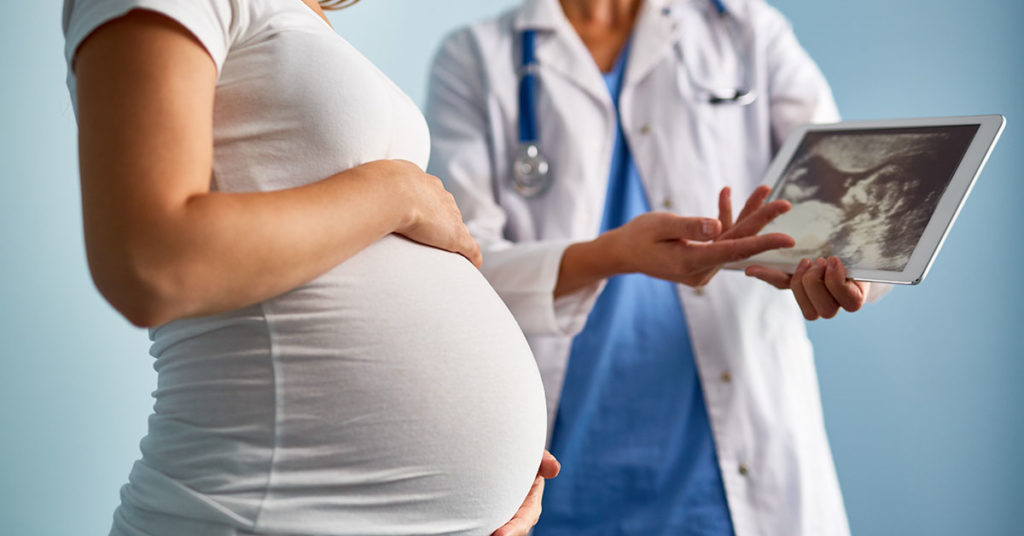High Risk Pregnancy
All pregnancies carry risks. The definition of a “high-risk” pregnancy is any pregnancy that carries increased health risks for the pregnant person, fetus (unborn baby) or both. People with high-risk pregnancies may need extra care before, during and after they give birth. This helps to reduce the possibility of complications. However, having a pregnancy that’s considered high risk doesn’t mean you or your unborn baby will have problems. Many people experience healthy pregnancies and normal labor and delivery despite having special health needs.

Factors that make a pregnancy high risk include:
- Preexisting health conditions.
- Pregnancy-related health conditions.
- Lifestyle factors (including smoking, drug addiction, alcohol abuse and exposure to certain toxins).
- Age (being over 35 or under 17 when pregnant).
Signs and symptoms of high-risk pregnancy?
Talk to doctor right away if you experience any of the following symptoms during pregnancy, whether or not your pregnancy is considered high-risk:
- Abdominal pain that doesn’t go away.
- Chest pain.
- Dizziness or fainting.
- Extreme fatigue.
- Your unborn baby’s movement stopping or slowing.
- Fever over 100.4°F.
- Heart palpitations.
- Nausea and vomiting that’s worse than normal morning sickness.
- Severe headache that won’t go away or gets worse.
- Swelling, redness or pain in your face or limbs.
- Thoughts about harming yourself or your unborn baby.
- Trouble breathing.
- Vaginal bleeding or discharge.
